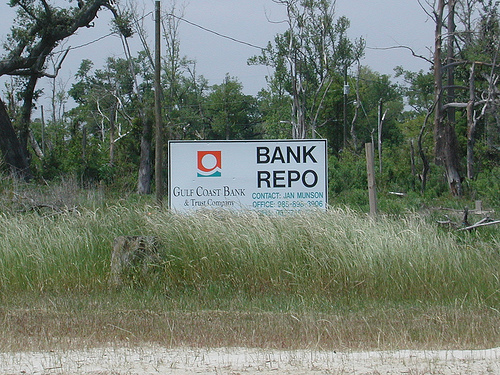How to Avoid Common Foreclosure Scams
If you are facing foreclosure on your home, you are probably anxious and have a lot of questions. Because so many people in foreclosure have never been through the process before, they are particularly vulnerable to foreclosure scams. If you are in this situation, consider these tips for avoiding foreclosure scams.

- How to Learn About Real Estate Investing
Investing in real estate can be a great way to get ahead financially. It is also complicated and sometimes risky, so educating yourself on all the ins and outs of real estate investing is essential. Here are...
1. Seek assistance from a reputable counselor
Foreclosure counseling is the best way to ensure that you aren’t drawn into foreclosure scams. Look for counselors that are nonprofit and approved by the Department of Housing and Urban Development (you can call 877-483-1515 for this information). Reputable housing counselors will charge a reasonable rate, and may provide services at no-cost. Any counselor that seeks to charge you hundreds of dollars for their counsel is likely not reputable. Before you pay any amount of money, be sure you understand exactly what services you will receive. Also, be wary of any counselor who guarantees that he or she can prevent your foreclosure, as this can almost never be truthfully promised.
2. Fill out all paperwork yourself and make sure you understand it
Some foreclosure scam artists will offer to fill out paperwork related to your foreclosure for you. NEVER allow anyone to fill out your paperwork! If there is something in the paperwork that you do not fully understand, do not sign it. Take it to a HUD-approved counselor to ask for clarification. If the counselor or representative you are working with is not HUD-approved, do not let he or she “explain” the paperwork to you.
3. Do not pay fees up front
Many foreclosure scams will promise lots of things for an upfront payment—a promise to stop your foreclosure, work with your lender, reduce future mortgage payments, etc. Regardless of what the promise is, never pay an upfront fee for these kinds of services. In fact, the very offer of these services—fee or no fee—should arouse your suspicion.
4. Be wary of “foreclosure counselors” or “specialists” that approach you
While many reputable nonprofit or governmental housing credit agencies perform outreach into the community to advertise the availability of their services, you should always be wary of an individual who shows up at your doorstep promising to pay off your mortgage or prevent foreclosure on your home. These individuals are after your money, and you can depend upon the fact that they won’t get it by honest means. The best counselor is one that you research and seek out yourself.



